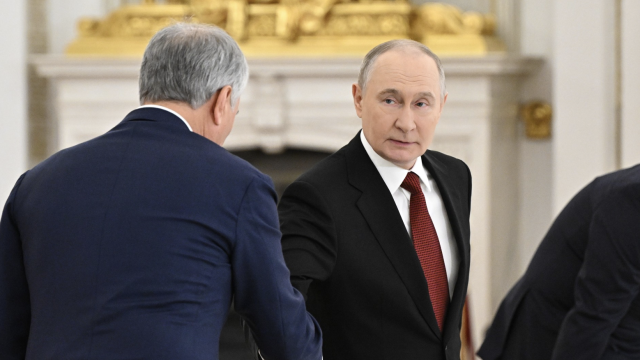A Moscow court on Monday rejected a suit against the Russian security services from the family of Raoul Wallenberg, the famous Swedish diplomat who disappeared 70 years ago, RBC reports.
Wallenberg helped rescue thousands of Hungarian Jews during World War II before Soviet forces captured him in 1945, reportedly on suspicions of espionage, and transported him to the KGB's Lubyanka Prison.
He is believed to have died in the summer of 1947 but his death is still shrouded in mystery.
In July, Marie Dupuy, Wallenberg's niece, filed a lawsuit in Moscow against the KGB’s successor, the Federal Security Service (FSB), seeking access to documents she believed could shed light on Wallenberg's fate.
The case was dismissed by the Meshchansky Court on Monday, the family's attorney Darya Sukhikh told RBC.
Ivan Pavlov, Dupuy's lawyer, said the family planned to appeal the court's decision, which he characterized as “unlawful."
"The fate of Wallenberg is one of the biggest mysteries in Russian history,” he was quoted as saying by the Interfax news agency. “The documents requested by Wallenberg's relatives are already 70 years old and access to them should be opened.”
A Message from The Moscow Times:
Dear readers,
We are facing unprecedented challenges. Russia's Prosecutor General's Office has designated The Moscow Times as an "undesirable" organization, criminalizing our work and putting our staff at risk of prosecution. This follows our earlier unjust labeling as a "foreign agent."
These actions are direct attempts to silence independent journalism in Russia. The authorities claim our work "discredits the decisions of the Russian leadership." We see things differently: we strive to provide accurate, unbiased reporting on Russia.
We, the journalists of The Moscow Times, refuse to be silenced. But to continue our work, we need your help.
Your support, no matter how small, makes a world of difference. If you can, please support us monthly starting from just $2. It's quick to set up, and every contribution makes a significant impact.
By supporting The Moscow Times, you're defending open, independent journalism in the face of repression. Thank you for standing with us.
Remind me later.






